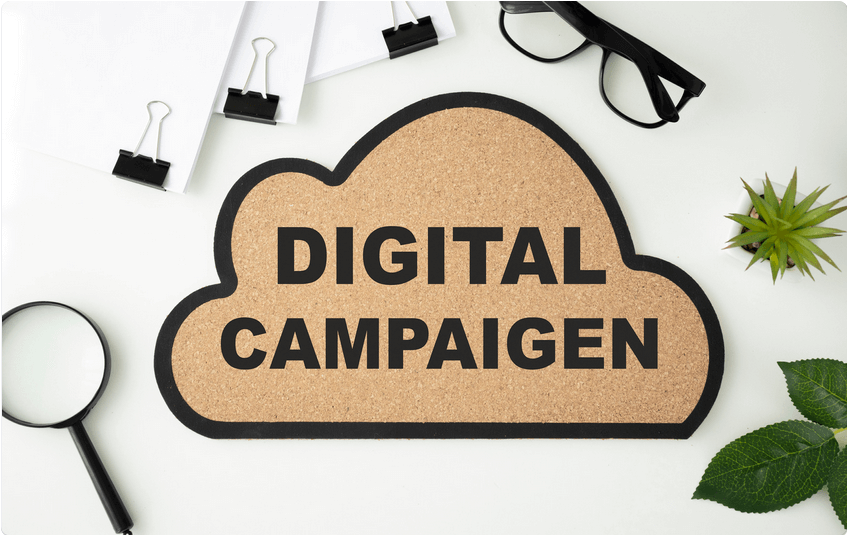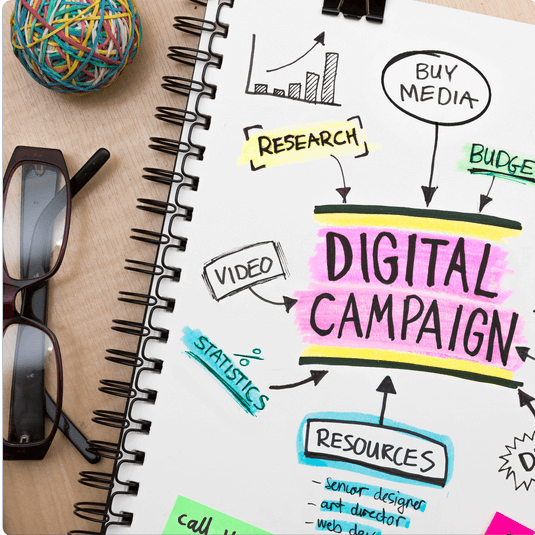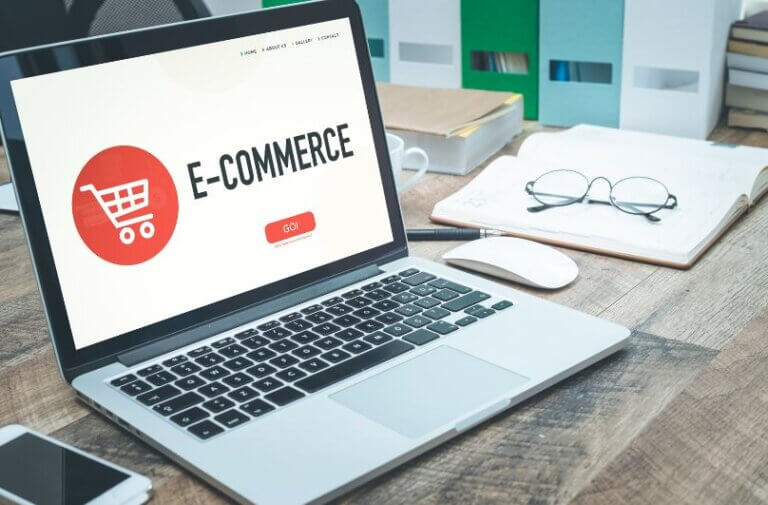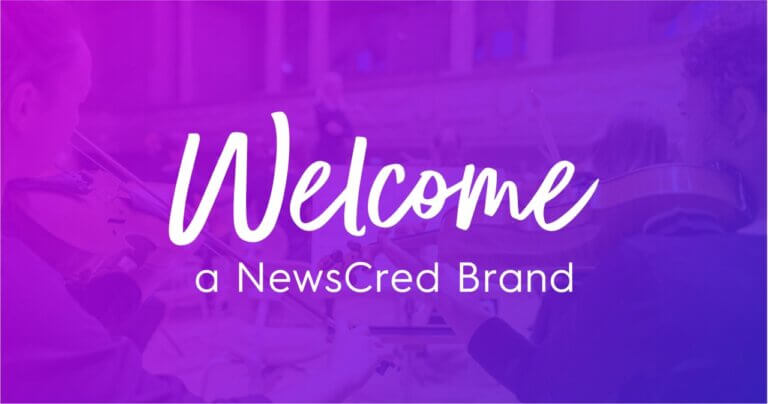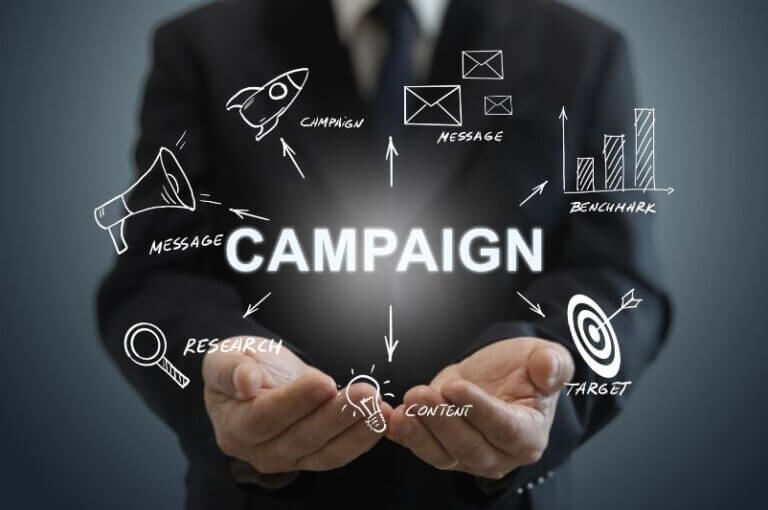15 Revolutionary Best Digital Marketing Campaigns That Redefined the Industry
Best Digital marketing campaigns have transformed how we interact with and perceive brands. This article will showcase 15 outstanding digital marketing campaigns that have left an indelible mark on the industry. These campaigns, leveraging creativity, technology, and data-driven strategies, inspire marketers worldwide.
1. Coca-Cola: Best Digital Marketing Campaign
The Share a Coke campaign, launched in 2011, is a testament to the power of personalization. Coca-Cola replaced its iconic logo with famous names, inviting customers to share a Coke with someone they care about. The campaign spanned 80 countries and increased social media engagement and sales.
2. Dove: Real Beauty Sketches Digital Marketing
Dove’s Real Beauty Sketches campaign, released in 2013, highlighted the discrepancy between how women perceive themselves and how others see them. The emotional, thought-provoking video quickly went viral and remained one of the most-watched ads on YouTube, generating widespread discussion on self-image and body positivity.
3. ALS Association: Ice Bucket Challenge
The ALS Ice Bucket Challenge, which emerged in 2014, raised over $115 million for ALS research. This viral campaign, where participants dumped a bucket of ice water on themselves and nominated others, highlighted social media and user-generated content powering awareness and funds for charitable causes.
4. Old Spice: The Man, Your Man, Could Smell Like
Old Spice’s 2010 best digital marketing campaign, featuring the sophisticated and humorous “Old Spice Guy,” became viral. The brand’s clever use of social media, including personalized video responses to fans, revitalized it and established it as a trailblazer in digital marketing.
5. Airbnb: Live There Digital Marketing
In 2016, Airbnb launched the Live There campaign, encouraging travelers to live like locals by staying in Airbnb accommodations. The campaign’s immersive video and storytelling elements resonated with audiences and boosted bookings, positioning Airbnb as a pioneer in experiential travel.
6. Spotify: Wrapped With the Best Digital Marketing Campaign
Spotify’s annual Wrapped campaign, which started in 2015, offers users personalized summaries of their listening habits. By combining data and personalization, the campaign generates excitement and engagement as users eagerly share their musical year-in-review on social media.
7. Nike: Dream Crazy
Nike’s Dream Crazy campaign, featuring controversial athlete Colin Kaepernick, ignited a discussion on social and political issues. Launched in 2018, the provocative ad demonstrated the power of taking a stand and reinforced Nike’s commitment to social justice, ultimately leading to increased brand loyalty and sales.
8. Burger King: Whopper Detour
Burger King’s Whopper Detour campaign, executed in 2018, offered customers a one-cent Whopper if they ordered through the BK app within 600 feet of a McDonald’s. The geofencing stunt boosted app downloads and sales, showcasing the power of location-based marketing and playful rivalry.
9. Oreo: Daily Twist With Best Digital Marketing Campaign
Oreo’s Daily Twist campaign, which coincided with the cookie’s 100th anniversary in 2012, featured 100 days of creative, topical Oreo ads. The campaign’s agility and real-time marketing approach captivated audiences and garnered widespread media attention.
10. Tesla: Cybertruck Unveil
Tesla’s Cybertruck unveils in 2019 generated a massive buzz, despite—or perhaps because of—its unconventional design and broken window mishap. The highly anticipated event demonstrated the impact of a strong brand narrative and the power of social media in amplifying unconventional marketing approaches.
11. WWF: #LastSelfie
In 2014, the World Wildlife Fund (WWF) launched the #LastSelfie campaign on Snapchat, featuring endangered species with the message “Don’t let this be my #LastSelfie.” The campaign’s clever use of ephemeral content and urgency resonated with younger audiences, generating widespread awareness and engagement on social media.
12. Adobe: The Launch
Adobe’s The Launch campaign, executed in 2018, showcased the brand’s creative capabilities with a live event featuring artists, musicians, and innovators. The immersive, multi-sensory experience, which integrated technology and creativity, reinforced Adobe’s position as a leader in the creative software industry.
13. Always: Like a Girl
Always Like a Girl campaign, launched in 2014, aimed to break down gender stereotypes and empower girls. The emotional, inspiring video generated widespread discussion on social media and earned numerous accolades, including a Cannes Lions Grand Prix.
14. Google: Year in Search
Google’s Year in Search campaign, which started in 2010, comprehensively summarizes the year’s most searched topics. By tapping into the zeitgeist and offering insights on global trends, the campaign generates widespread interest and engagement, reinforcing Google’s position as a leader in search.
15. Red Bull: Stratos
Red Bull’s Stratos campaign, executed in 2012, sent Felix Baumgartner on a record-breaking jump from the stratosphere. The high-stakes, high-tech stunt generated massive media coverage and solidified Red Bull’s position as a pioneer in extreme sports and experiential marketing.
Conclusion:
These 15 digital marketing campaigns have disrupted the industry and captivated audiences worldwide. From personalization and user-generated content to social and political commentary, these campaigns demonstrate the power of creativity, technology, and data-driven strategies in digital marketing. By studying and emulating these campaigns, brands can learn valuable lessons on connecting with and engaging their audiences.
FAQs
What is an example of a digital marketing campaign?
An example of a digital marketing campaign is a fictional scenario for a clothing brand launching a new product line. Here’s an outline of how the campaign could be structured:
- Goal: The campaign’s primary goal is to increase awareness and generate sales for the new clothing product line.
- Target Audience: Identify the target audience, which could be young adults aged 18-30 interested in fashion and online shopping.
- Branding and Messaging: Develop a compelling brand message highlighting the clothing line’s unique features and benefits. Emphasize factors such as quality, style, affordability, and sustainability.
- Website Optimization: Ensure the brand’s website is user-friendly, visually appealing, and optimized for search engines. Implement effective SEO strategies to improve organic visibility.
- Social Media Strategy: Create engaging social media profiles on Instagram, Facebook, and Twitter platforms. Share visually appealing content, such as product images, lifestyle shots, and behind-the-scenes videos, to engage and attract the target audience.
- Influencer Partnerships: Collaborate with fashion influencers who align with the brand’s values and target audience. Arrange for them to showcase and endorse the new product line through sponsored posts, reviews, or giveaways.
- Content Marketing: Develop informative and engaging blog articles, videos, and infographics related to fashion trends, styling tips, and the unique aspects of the new clothing line. Share this content on the brand’s website and social media platforms to attract and engage potential customers.
- Email Marketing: Build an email list of interested customers and send out targeted newsletters and promotional emails to announce the launch of the new product line, offer exclusive discounts, and drive traffic to the website.
- Paid Advertising: Utilize paid advertising channels such as Google Ads or social media ads to reach a wider audience. Create visually appealing ads with compelling copy and strong calls to action to drive traffic to the website and encourage conversions.
- Monitoring and Analysis: Track critical metrics like website traffic, conversion rates, social media engagement, and sales. Analyze the data to understand the campaign’s effectiveness and make necessary adjustments for optimization.
Remember that each digital marketing campaign is unique and tailored to a brand’s specific goals and target audience. The above example provides a general framework that can be customized and expanded upon based on the brand’s objectives and resources.
What type of digital ads are most effective?
The effectiveness of digital ads can vary depending on various factors, including the target audience, industry, campaign objectives, and ad format. However, several digital ad types are particularly effective in driving engagement and conversions. Here are some examples:
- Search Engine Ads (Pay-Per-Click): These ads appear on search engine result pages, targeting users actively searching for specific keywords or products. Pay-Per-Click (PPC) ads, such as Google Ads, allow advertisers to reach a highly relevant audience and pay only when someone clicks on their ad.
- Social Media Ads: Platforms like Facebook, Instagram, and LinkedIn offer powerful ad targeting options to reach specific demographics, interests, and behaviors. Social media ads can include image ads, video ads, carousel ads, and sponsored posts, which allow for engaging storytelling and visual content.
- Display Ads: Display ads are visually appealing banner or image ads that appear on websites, apps, or within email newsletters. They can be effective in creating brand awareness and driving website traffic.
- Video Ads: Video ads have become increasingly popular and engaging. They can be displayed on platforms like YouTube, social media, and streaming services. Video ads allow for storytelling, demonstrations, and visually captivating content.
- Native Ads: Native ads blend in with the organic content of a website or platform, making them less disruptive and more seamlessly integrated. These ads match the format and style of the forum and can improve user experience.
- Remarketing Ads: Remarketing ads target users who have previously visited a website or shown interest in a product or service. By displaying personalized ads to these users across various platforms, remarketing can help reinforce brand awareness and encourage conversions.
- Influencer Marketing: Collaborating with influential individuals with a dedicated following can effectively reach and engage a specific target audience. Influencers can create sponsored content or reviews to promote products or services to their followers.
Remember, the effectiveness of digital ads can vary depending on the campaign objectives, target audience, ad design, messaging, and optimization strategies. It’s essential to continuously test and refine your ads, analyze metrics, and adjust your system based on performance to maximize effectiveness.

